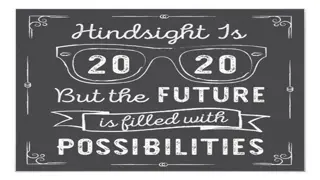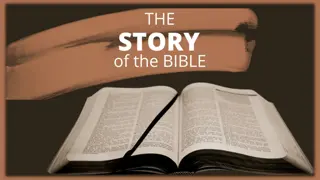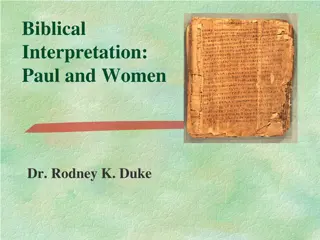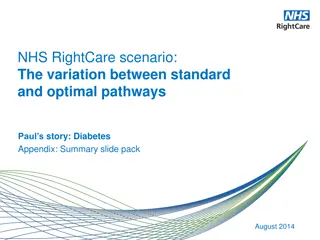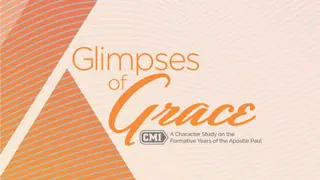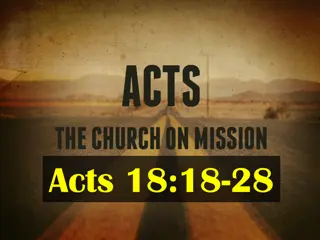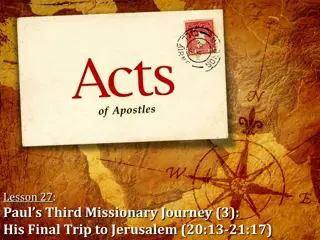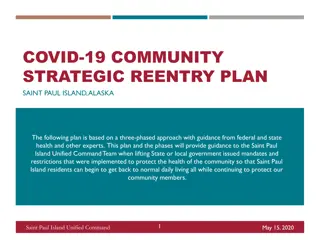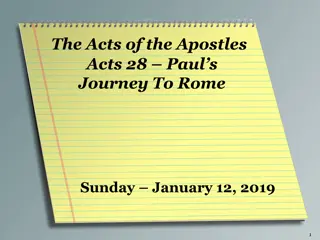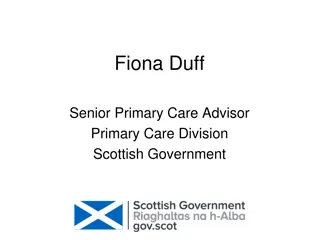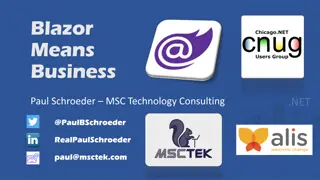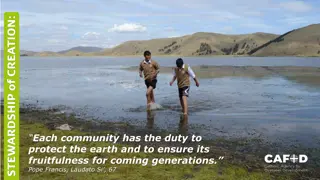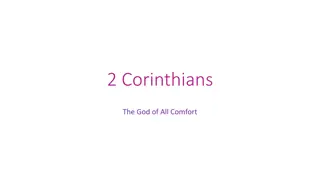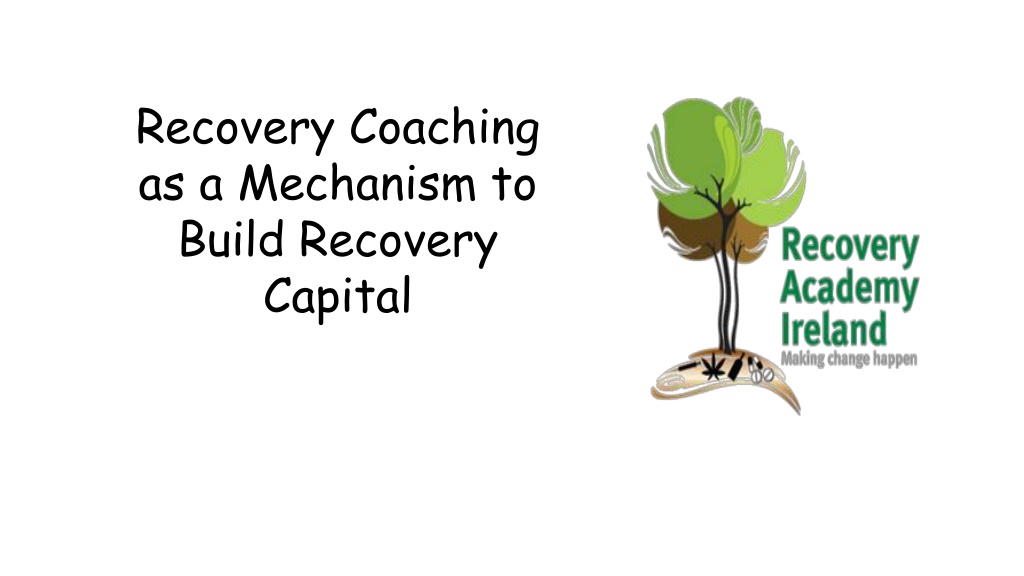
Building Recovery Capital: The Role of Recovery Coaching
Discover the transformative change in addiction and mental health recovery, as modern treatment shifts towards person-centered care. Explore the emerging role of Recovery Coaches in bridging the gap between professional treatment and sustainable recovery. Learn what Recovery Coaches are, how they earn credentials, and how they differ from sponsors, therapists, and healthcare professionals.
Download Presentation

Please find below an Image/Link to download the presentation.
The content on the website is provided AS IS for your information and personal use only. It may not be sold, licensed, or shared on other websites without obtaining consent from the author. If you encounter any issues during the download, it is possible that the publisher has removed the file from their server.
You are allowed to download the files provided on this website for personal or commercial use, subject to the condition that they are used lawfully. All files are the property of their respective owners.
The content on the website is provided AS IS for your information and personal use only. It may not be sold, licensed, or shared on other websites without obtaining consent from the author.
E N D
Presentation Transcript
Recovery Coaching as a Mechanism to Build Recovery Capital
Transformative Change Those of us who live and/or work in the fields of addiction and mental health recovery, are living through exciting times. What we are currently witnessingis referred to as a paradigmatic shift As we speak, across the globe, modern treatment is being transformed into a more person-centred, holistic, family-centred and recovery-focused system of care, White and Cloud, (2008), Keane, McAleenan and Barry (2014)
Recovery Coach a New Role? As part of this shift, A new role is now emerging in the worlds of addiction treatment and addiction recovery. The role, variously described as recovery support specialist, recovery mentor, recovery guide or Recovery Coach is emerging to bridge the gap between brief professional treatment in an institution setting and sustainable recovery within the recovering persons natural environment (White, 2006) or community.
What is a Recovery Coach? This Question is Best Answered by Describing What a RC is Not A Recovery Coach is Not a: Sponsor- Does not perform Mutual Aid group service work on paid time Therapist- Does not diagnose, does not refer to their support activities as counselling or therapy Nurse/Physician- Does not make medical diagnosis or offer medical advice Keyworker/case-manager (person working in professional addiction setting) Priest/clergy- Does not respond to questions of religious doctrine (White, 2004b)
What a Recovery Coach is How a Recovery Coach earns his Credentials Experiential expertise confers credibility that no university can grant. It is bestowed only on those who offer sustained living proof of their expertise as a recovery guide within the life of a community. Such persons may be professionally trained, but their authority comes not from this training but from their character, relationships, and performance within the community (Adapted from White and Sanders, 2006) Training is accredited by OCN, Learner Recovery Coaching Education. This is the equivalent to QQI/FETAC Level 3 and is recognised in the United Kingdom.
Recovery Coaches and Sharing Recovery Capital This Recovery coach expertise forms part of Human recovery capital and is one aspect of Personal recovery capital . Recover Coaches Model Personal/Physical Recovery Capital Recovery Coaches Mobilise Family/Social/Community Recovery Capital It can be argued that each form of Capital has a Value And all form part of the broader concept of what is referred to as Recovery Capital (Granfield and Cloud, 1999) Defined as the breadth and depth of internal and external resources that can be drawn upon to initiate and sustain recovery from Substance misuse problems
What is the Goal of Recovery Coaching? The Goal of Recovery Coaching is to Build Recovery Capital in the Community The Recovery Coach is a Key Mechanism in the generation of Recovery Capital Recovery Capital is Highly Personal but it is also Social and Community-based Recovery Capital is a Valuable Resource for Communities who Wish to Live in the Solution and Not the Problem
What next? So learning from previous Recovery Coach Training. What next A total of 32 coaches will be trained in two rounds of training from 2019 5 days intensive Recovery Coach training accredited by OCN Learner Recovery Coaching Education. 15 from greater Dublin area and 15 at national level They will do 12 hours a week over a 25 week placement in relevant services with additional training. They will be supervised by a Mentor with oversight from the Coordinator over the 25 weeks of placement.
Measuring Outcomes The Community Participation Action Research (CPAR) committee, which is the research committee of the Recovery Academy Ireland In 2016 conducted Peer Led Action Research in collaboration with the academic researchers and recovery coaches. : A Community Assets Scoping Exercise involving gathering two sources of data: (i) questionnaires completed by people working or living in Dublin s North Inner City and (ii) individual case studies completed by the Community Researchers. Research is just one of the ways that recovery coaches can help to build recovery capital in communities. This approach can be added or adapted to in order to gather the data on the outcomes for those being Recovery Coached. https://recoveryacademyireland.ie/resources/


